What kind of experience will my child have at Bloom?
At Bloom Learning Community, our mantra is “Space to grow, freedom to flourish, body + heart + mind.” This means that our attentive staff will support each child’s unique learning path by putting their interests, learning style, and values at the forefront to ensure a truly “learner-centered” experience.
Each child will have a learning journey that is personalized to them. They’ll have “space to grow” by setting their own pace in a compassionate, multi-age learning environment; they’ll have “freedom to flourish” by consciously engaging in learning that is meaningful for them; and they’ll do this “body + heart + mind” through holistic learning approaches set forth by Rainbow Institute’s Seven Domains of Learning.
Bloom also utilizes Nonviolent Communication (NVC) as a matter of policy to not only help children solve conflicts, but to foster a compassionate learning atmosphere and create the following additional benefits for children:
Increased empathy
Deeper self-awareness and understanding
Expanded self-confidence
Greater self-direction
Lower anxiety
Increased self-responsibility
Greater ability to work cooperatively
Unconditional acceptance of self and others
“I’ve always thought children should be first educated in the basics of common decency and kindness. Something our world is sorely lacking. Reading, writing, math and science mean nothing without a whole being to bring them to life.”
-A Bloom Parent
Who is Bloom for?
Bloom is for families looking for a progressive educational option that thoughtfully prepares children for the 21st century. The Bloom Experience is ideal for:
Passionate, curious learners
Those looking for a positive and peaceful learning environment
Creative thinkers and dreamers
Those that value childhood, play, experimentation, and fun
Families who desire a high-quality, hands-on, customized education
Kids who enjoy exploring their strengths and interests at their own pace
Children looking to socialize while participating in a culture of kindness that builds lasting friendships
Families who feel time in nature is essential
Compassionate problem-solvers and change-makers
Open-minded and flexible thinkers
Those looking to create more hope in the world
Those with the desire to make unique and new choices and be on the forefront of change
If this sounds like you and you’re looking for new alternatives and freedom from traditional school models, then Bloom may be just the right fit for your family.
“Bloom is exactly what we were looking for.”
-A Bloom Parent
Are kids assigned homework or grades?
No, we do not assign compulsory homework nor do we use grades to gauge student progress. Whether or not additional learning is completed at home will be at the discretion of the student and any collaborators on group projects.
Instead of homework, we encourage families to spend time together reading, being outdoors, following interests, playing and sharing other memorable experiences together in an effort to build deeper connections with each other and the world.




